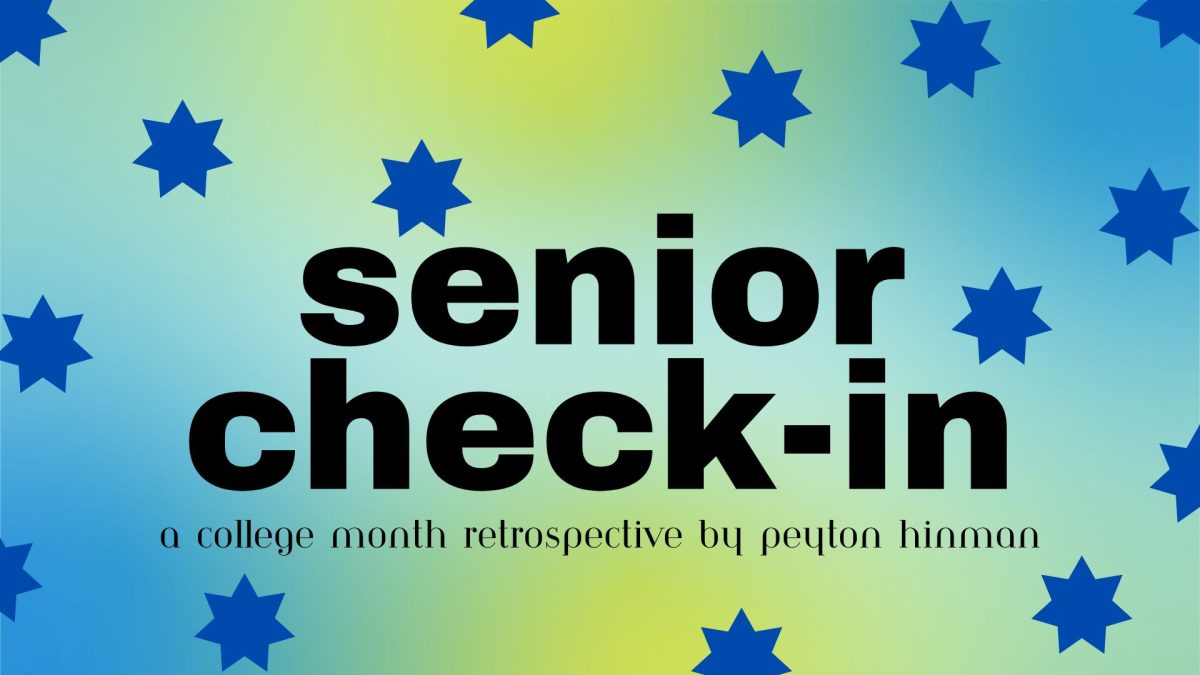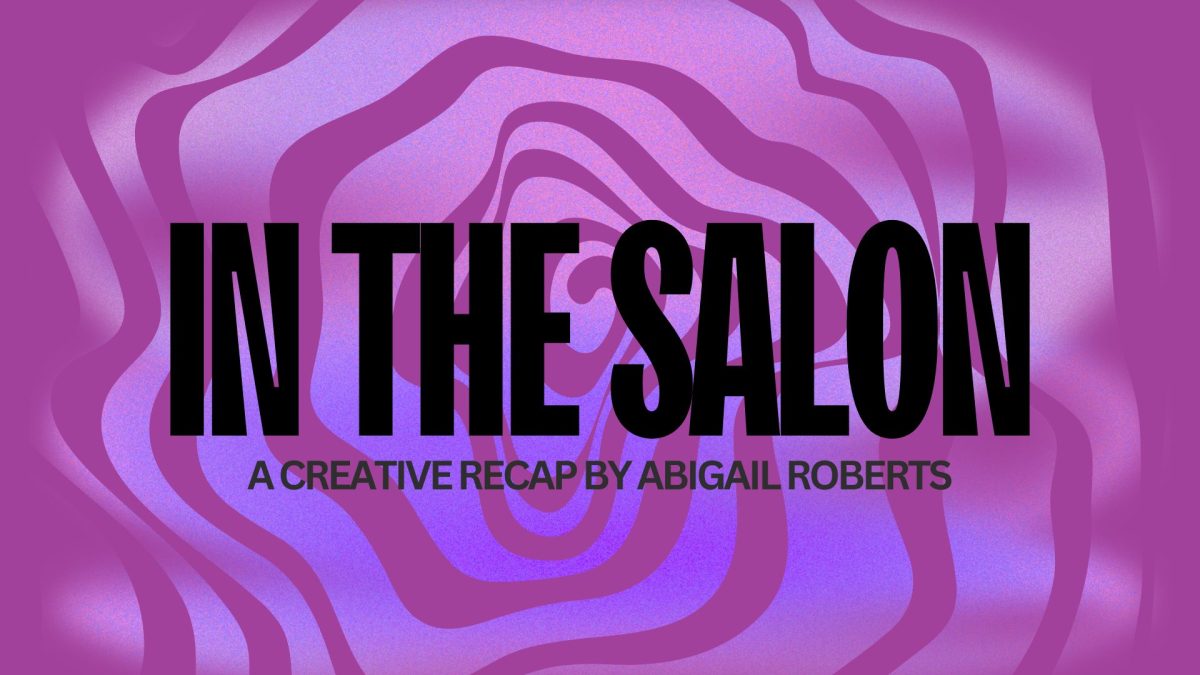 At 7:30 am, the hallways of the high school buzz with students rushing to their classes, trying to shake off the exhaustion that has become a constant companion for many. Between the pressure of maintaining good grades, social media, extracurriculars, and college applications, all while balancing a social life, it’s easy to feel overwhelmed. For many, these everyday stressors become a silent battle with mental health, one that often feels like a solo fight. Covered by the front of “being fine” but the truth is, it’s okay not to be okay–and it’s time we start talking about it.
At 7:30 am, the hallways of the high school buzz with students rushing to their classes, trying to shake off the exhaustion that has become a constant companion for many. Between the pressure of maintaining good grades, social media, extracurriculars, and college applications, all while balancing a social life, it’s easy to feel overwhelmed. For many, these everyday stressors become a silent battle with mental health, one that often feels like a solo fight. Covered by the front of “being fine” but the truth is, it’s okay not to be okay–and it’s time we start talking about it.
Behind the test scores and social media posts, many students are grappling with anxiety, depression, and burnout. Studies show that one in five teenagers experience some form of mental health issue, yet most remain silent, afraid to be judged, and seen as “different.” We are taught new math equations every day, how to write essays and preparation for the SAT, but rarely are we taught the importance, and how to manage our mental well-being.
At Kearsley High School, senior Jaylean Lee believes more can be done to address mental health concerns. “I feel like school doesn’t really provide adequate resources besides hotline numbers,” Jaylean shared. He acknowledged that while resources exist, they aren’t very accessible or well-promoted.
Jaylean’s comments reflect a broader issue. According to the National Alliance on Mental Illness (NAMI), one in five teens and young adults live with a mental health condition, and suicide is the second leading cause of death among individuals aged 10-24. Despite the seriousness and urgency of the issue, only about 40% of young people with mental health needs receive any form of treatment, highlighting the gap in support for students nationwide.
“I’d say I feel pretty comfortable speaking on mental health. It’s something everyone has, and everyone around me is open to the topic, or willing to listen,” Jaylean noted. However, he pointed out that at Kearsley, the focus remains on test scores, grades, and attendance.
Though Jaylean feels supported by his friends, he believes that more attention should be given to mental health in the school setting. He hopes that in the future, schools will not only focus on academics, but also provide better resources and open conversations about emotional well-being. What does a healthier mind look like for you? And ,how will you take the first step toward better mental health?




